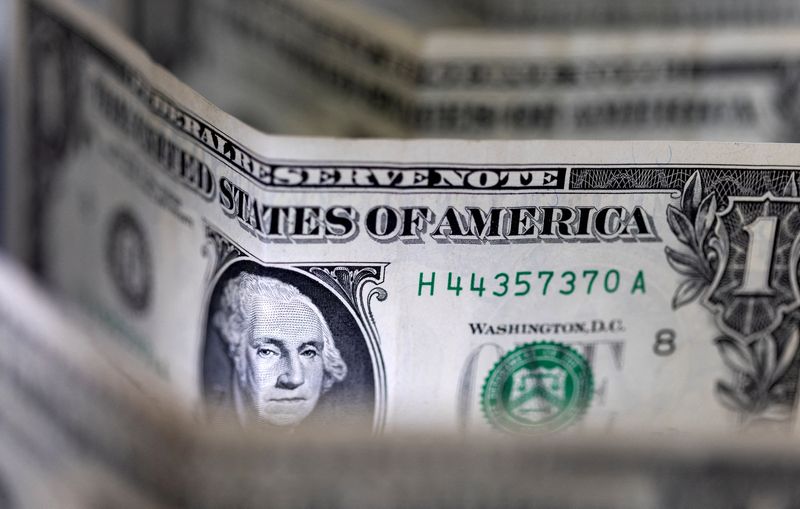Investing.com — Most Asian currencies were little moved on Monday, while the dollar received some safe-haven bids after the attempted assassination of former US President Donald Trump last weekend.
Regional trading volumes were subdued due to a holiday in the Japanese market. The yen weakened slightly against the dollar, leaving markets alert to possible government interventions.
Asian currencies rose sharply against the dollar last week amid increased optimism about Federal Reserve rate cuts. Although the dollar regained some ground on Monday, it has suffered steep losses over the past two weeks.
Weak gross domestic product data from China has dented sentiment towards Asian markets somewhat, while the yuan also weakened after the reading.
Dollar companies as an assassination attempt on Trump favor safe havens
The and both rose 0.1% in Asian trading, recovering from a month-plus low last week.
The dollar received some bids after a shooting at a Trump rally in Pennsylvania, in which the former president was shot in the ear. But Trump was seen urging his supporters to “fight!” after the shooting.
Trump will now appear at the 2024 Republican convention later this week and will likely be nominated as the party’s frontrunner for the presidential race.
Analysts said the shooting boosted his chances of a victory over Joe Biden – a scenario that could ultimately benefit the dollar as Trump has signaled his intention to pursue more protectionist trade policies.
The dollar will also receive more signals from an address later this week.
Japanese yen flat, intervention in focus
The Japanese yen remained steady in trading on Monday, with the pair hovering around the 158 yen level.
The yen had risen sharply against the dollar late last week, prompting speculation about whether the move was caused by government action or a short squeeze on bets against the yen. The yen also recovered from its weakest level in 38 years.
But despite a recent recovery, the yen still suffered steep losses against the dollar over the past two years.
The Chinese yuan falls due to weak GDP in the second quarter
The Chinese yuan weakened on Monday, with the pair falling 0.2% and close to an eight-month high.
China’s economy grew less than expected at 4.7% in the second quarter, the data showed, amid mounting headwinds from weak consumer spending.
These figures fueled concerns about a slowing economic recovery in the country, especially as the country struggles with slowing consumer spending.
Broader Asian currencies mainly weakened on Monday. The Australian dollar pair fell 0.1%, while the South Korean won pair rose 0.7%.
The Singapore dollar pair rose 0.1%, while the Indian rupee pair remained near record highs.


